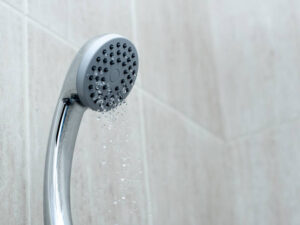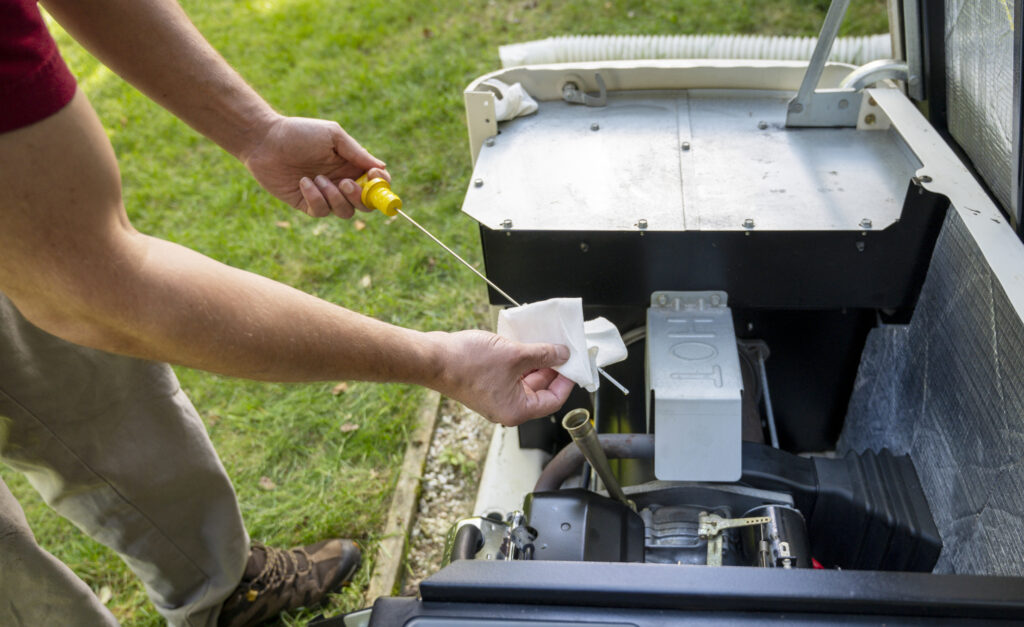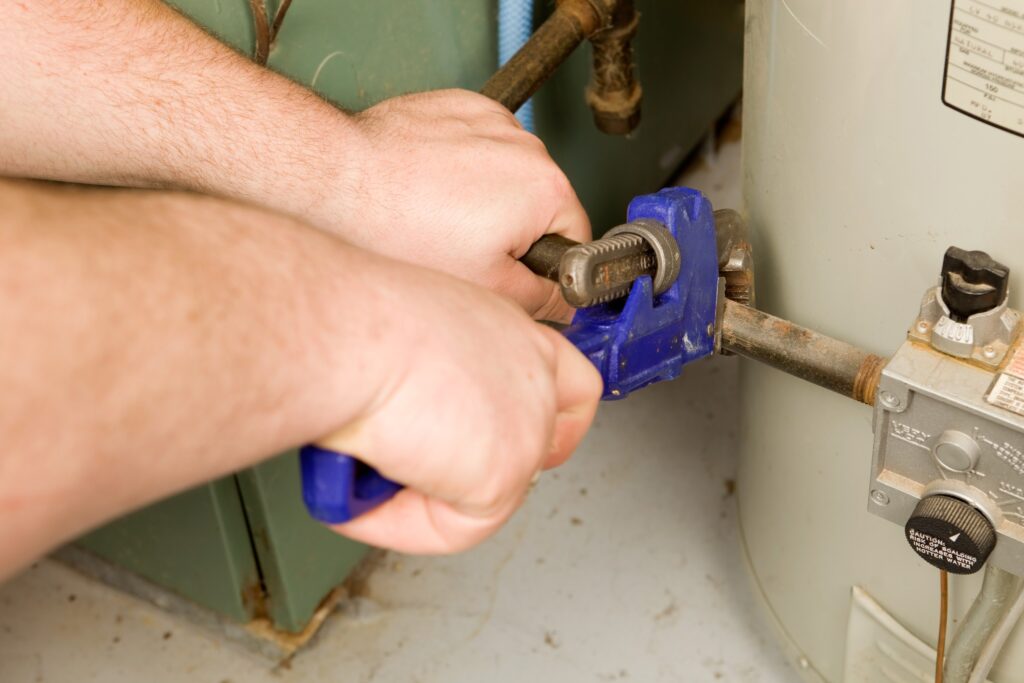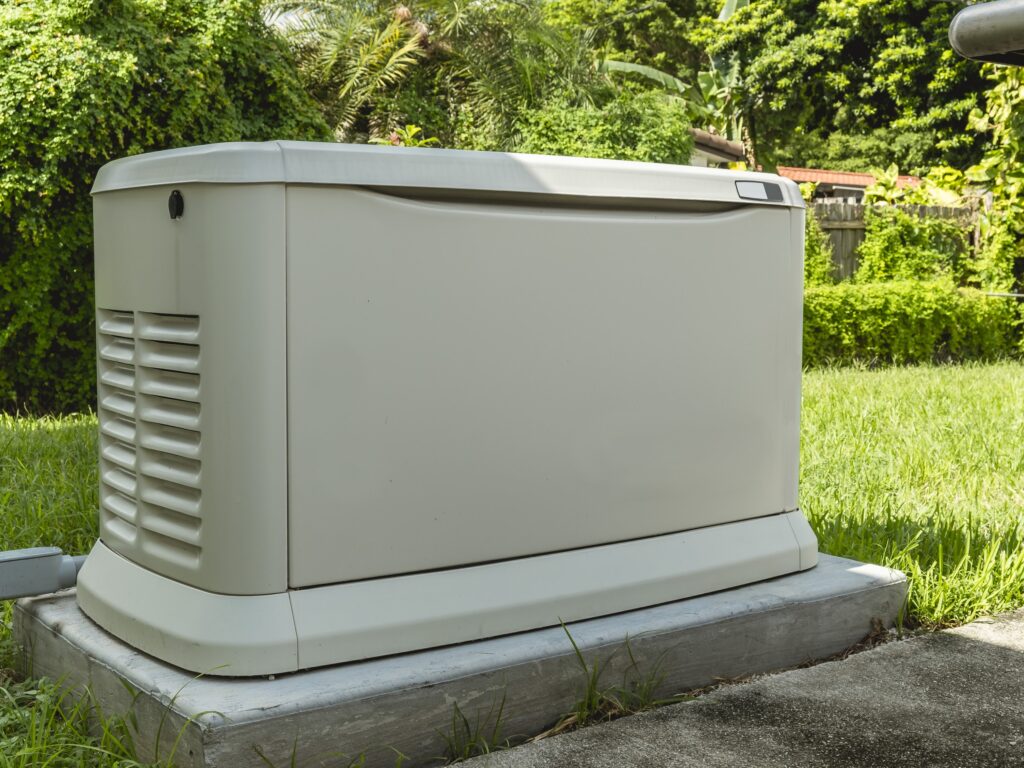What Causes Low Water Pressure in West Virginia Homes?

A lot of homeowners throughout West Virginia deal with low water pressure. This frustrating problem makes it difficult to take comfortable showers, run the dishwasher and much more. A lot of the time, a simple fix like cleaning a clogged aerator can take care of the pressure problem. But other times, it’ll require a professional repair. Understanding the main causes of low water pressure in West Virginia homes is vital to picking the right solution.
Aging Plumbing Infrastructure
There are a lot of older neighborhoods in cities like Charleston and St. Albans. The older homes in these areas frequently have aging plumbing, which can cause pressure issues. Outdated piping materials like galvanized steel or polybutylene are extremely vulnerable to shifting underground due to soil changes. Plus, buildup inside the pipes from minerals or rust narrows their internal diameter. Both of these problems slow down the flow of water inside the pipes, dropping the pressure. If your home was built before the 1980s and you haven’t updated the plumbing, it might be time. New piping and fixtures may be the only way to fix the low water pressure for good.
Sediment Buildup
If you live in an area that has high mineral content in the water, it can lead to sediment buildup inside your plumbing. Calcium, lime and rust particles will all contribute to clogs and reduce water pressure. This is a very common problem with water heaters. The sediment builds up inside the tank or heating element, narrowing the flow of hot water. Sediment buildup can also lead to clogged aerators on faucets and showerheads. You’ll have to clean the screen inside the aerator to restore proper water flow. Installing a water softener and flushing the water heater regularly are two of the best ways to reduce sediment buildup in pipes and fixtures. A plumber can help you choose the right softener for your house.
Pressure Regulator Problems
Pressure regulators are often installed in houses that deal with fluctuating water pressure or high-pressure surges. They are especially helpful when the municipal water supply is too high. But if you don’t set the regulator to the correct setting, the home will experience weak or uneven water flow.
Pressure regulators wear out over time. So even if you have the correct setting, you may still deal with low water pressure. Having a plumber do an inspection can help you determine whether yours has any damage. If it does, you’ll need to do a replacement.
Partially Closed Valves
Hopefully, your low water pressure problem stems from a partially closed valve. Valves sometimes become closed after plumbing repairs or routine maintenance. Or maybe a family member accidentally bumped into the valve when cleaning or moving items around. All you have to do to fix this issue is open the valve. This is one of the simplest causes to check, but it often gets overlooked.
Pipe Corrosion
Corrosion inside pipes causes pressure problems by restricting water flow and weakening pipe walls. Pipe corrosion is especially common in pipes made of galvanized steel or copper. As the insides of the pipes corrode, it can lead to a wide range of health issues, like metal contamination and discolored water. A plumber can replace the corroded sections of piping to fix the pressure and take care of potential health risks.
Hidden Leaks
Hidden leaks are another frequent cause of water pressure issues. Even a small leak behind the wall can make the pressure low as you take a shower or run a bath. A plumber can use advanced leak detection technology to spot the exact location of hidden leaks and recommend the best repair solution.
Municipal Supply Problems
Your water pressure problem may have nothing to do with your house at all. It could be that the local municipal system has an aging infrastructure that limits consistent water flow. Or it could be a broken water main that leads to sudden pressure drops. Temporary supply disruptions caused by maintenance work or weather-related damage can also cause a drop in water pressure. If your neighbors are experiencing pressure problems, you need to contact the local water utility department.
Troubleshooting Steps
Prompt attention is important for fixing water pressure problems. Here are some quick steps you can take to identify the root cause and restore proper flow:
- Check different fixtures to see whether the problem occurs at one spot or all across the house.
- Check the main water valve to ensure the valve is fully open.
- Check with your neighbors to determine whether they’re also experiencing low water pressure.
- Check for leaks and call a plumber right away if you notice any.
- Upgrade outdated faucets and showerheads.
When Low Pressure Is a Sign of a Bigger Plumbing Problem
If you fix the pressure problem but it keeps coming back, there’s likely a bigger problem with your plumbing. You’ll want to hire a plumber fast to fix any corroded pipes, hidden leaks or faulty pressure regulators. These problems will only get worse and cause more pressure issues if you don’t address them quickly.
Get accurate diagnostics and reliable, long-term plumbing repairs in Charleston, WV from Al Marino Inc. Call us now!






